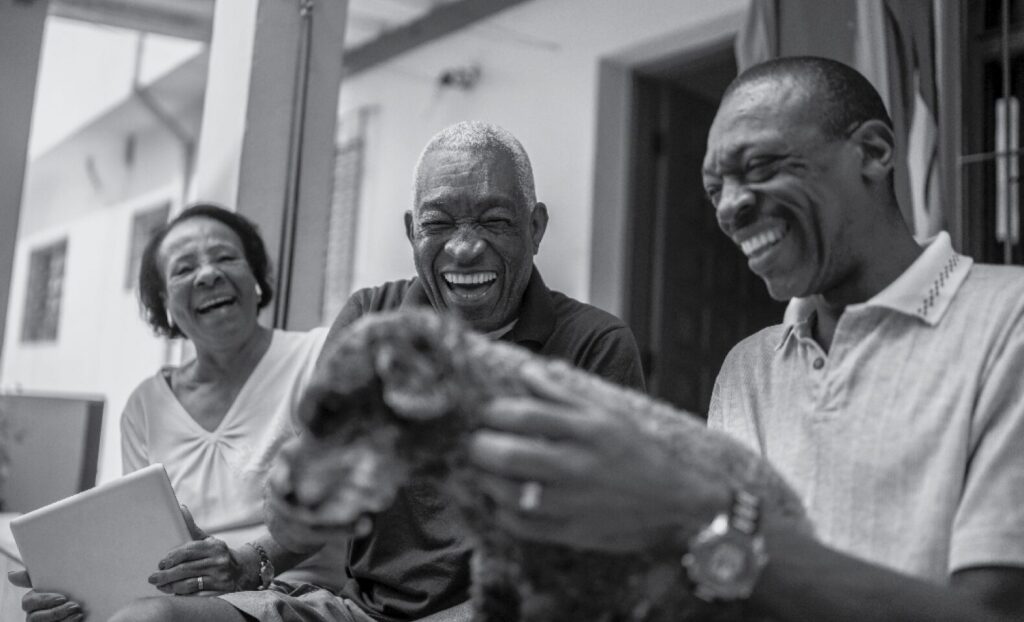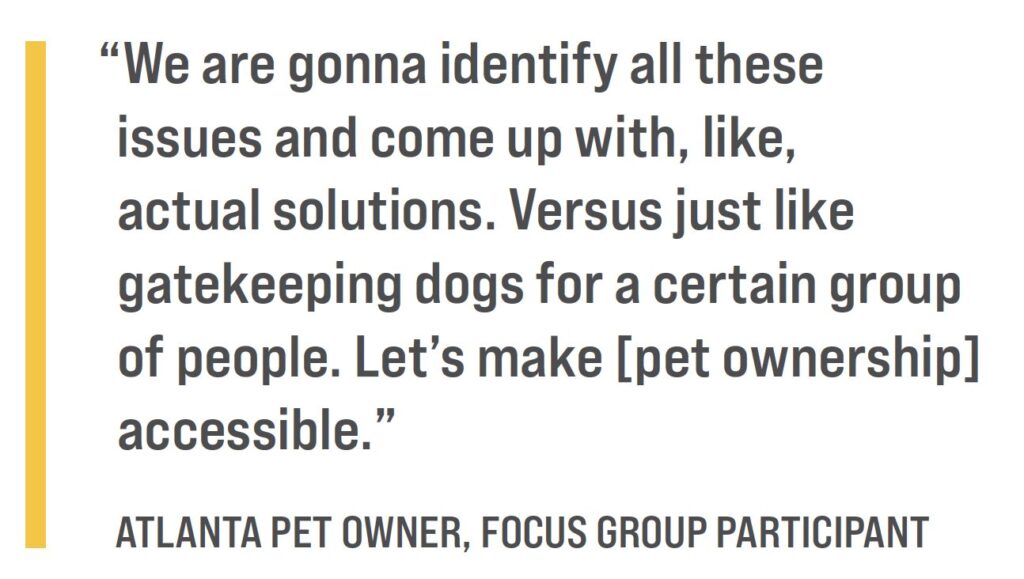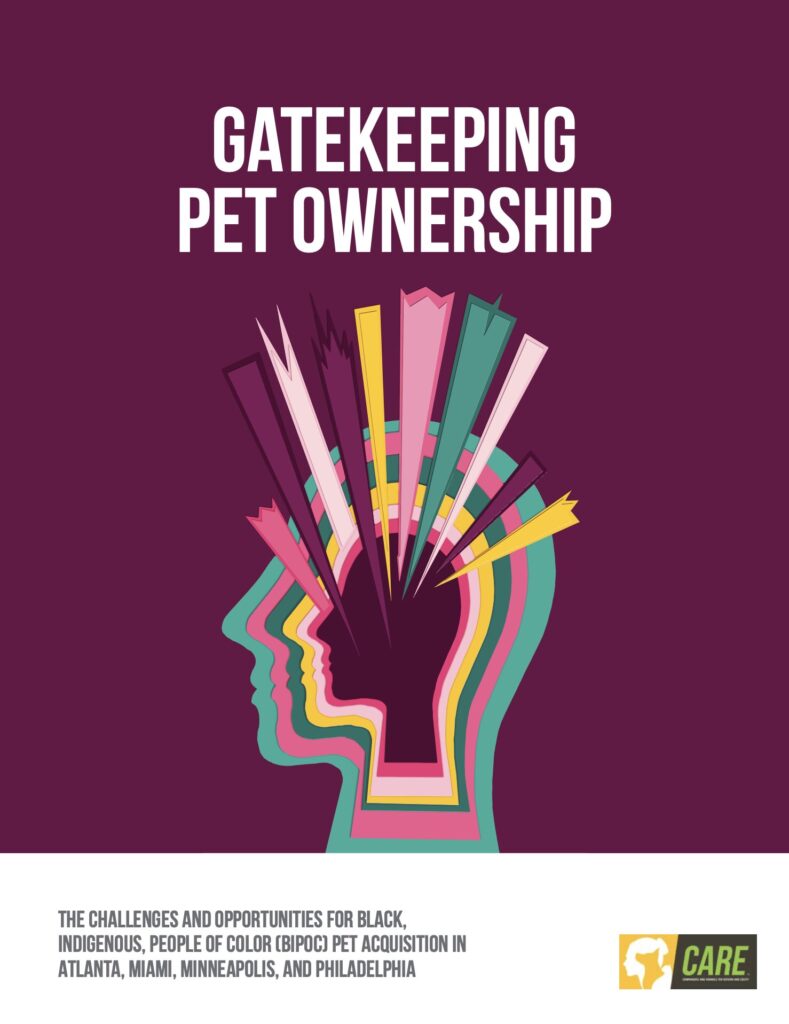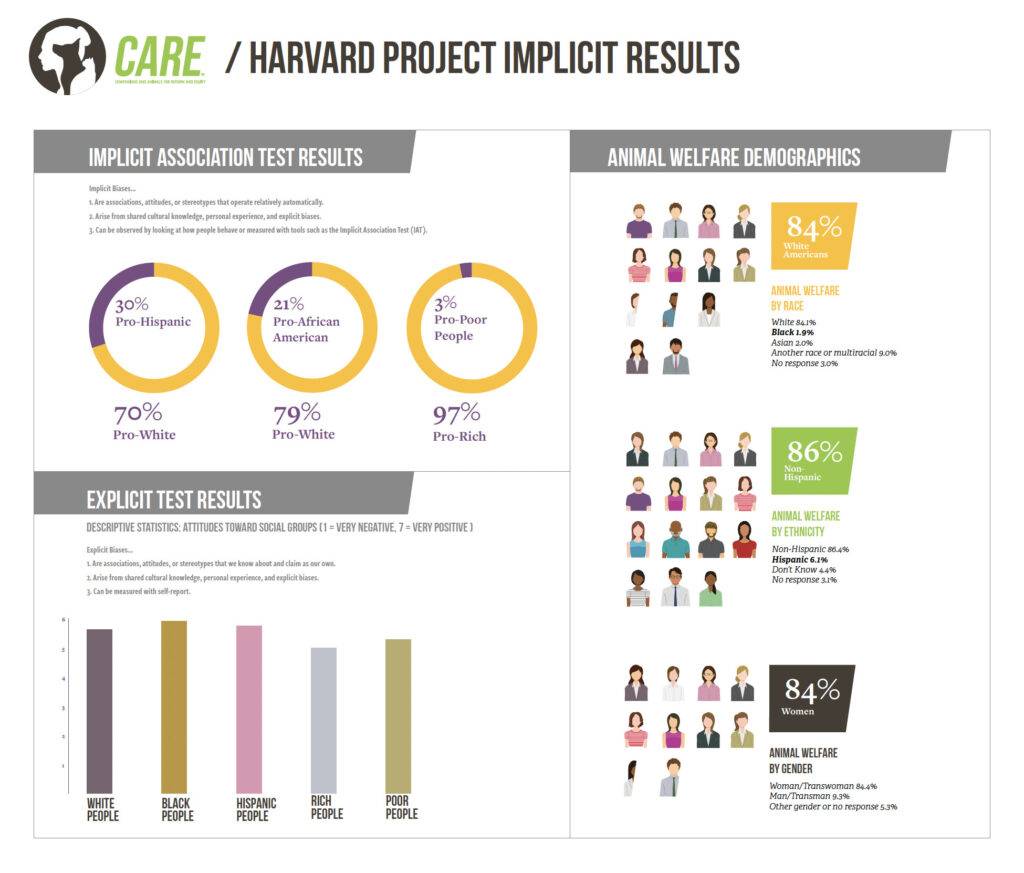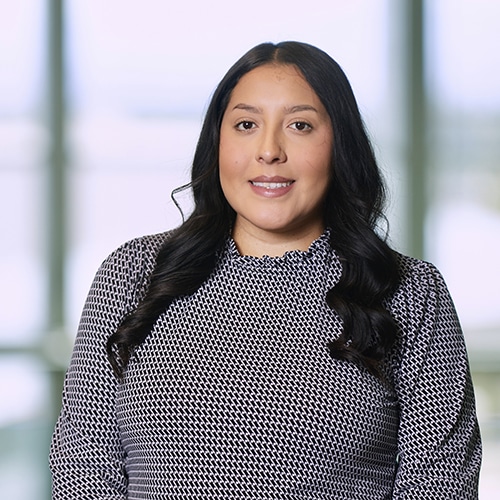
Sloane Hawes, Chief of Research & Development
Sloane Hawes, MSW (she/her) is a scholar-activist who is deeply committed to addressing inequities in human and animal well-being by elevating the wisdom and resilience of marginalized communities. She brings nearly a decade of social work and research experience to her role as the Chief of Research and Development at CARE.
Sloane earned her Master of Social Work with a concentration in Sustainable Development and Global Practice from the University of Denver’s Graduate School of Social Work and received a Bachelor of Arts in Ethnic Studies and Psychology from the University of San Diego. She also holds certificates in Community Consensus Organizing, Animal-Assisted Social Work, and Animal Shelter Management.
Throughout her career, Sloane has prioritized opportunities to advance social justice, health equity, and belonging in non-profit, human services, and higher education spaces. This has included volunteering with the All Nations Institute for Community Achievement in San Diego, CA, working as a first-year student housing Resident Assistant, co-leading the Social Justice Living Learning Community at USD, serving as the Vice Chair of Programming for the Panhellenic Council of USD, founding the Restorative Justice interest group at USD, and serving on the Board of Directors for Bergen Spay & Neuter Alliance in CO. Sloane is currently serving on the American Public Health Association’s Public Health Social Work leadership committee, the American Society for Prevention to Animals (ASPCA)’s Access to Veterinary Care Community of Practice’s Advisory Committee, and is the Vice Chair of the Milliken Housing Authority’s Board of Commissioners.
Prior to joining CARE, Sloane was the Assistant Director of Research at the Institute for Human-Animal Connection, located within the University of Denver’s Graduate School of Social Work, where she led a research agenda using community-based participatory research methods to examine the intersections of animal welfare, social justice, and ecological justice issues. Sloane also has work experience in direct care and advocacy roles that include community organizing, case management for unhoused people, and supporting families in crisis at an open-admission animal shelter.
Sloane’s research interests include mutual aid, coalition-building, One Health (Indigenous Knowledge), cultural humility, trauma-informed care, decolonization, and restorative justice. She has contributed to numerous publications. Her most recent publications have appeared in high-impact peer-reviewed journals including the Journal of the American Veterinary Medical Association, Journal of Applied Animal Welfare Science, Frontiers in Veterinary Medicine, and the Animal Law Review. She is a sought-after public speaker and has presented at multiple national, state, and local social work, public health, and animal welfare conferences on her research.
In her free time, Sloane enjoys reading, cooking, gardening, and interior design. She lives in Colorado with her spouse, their two children, and their English Mastiff, Penny.
Email:Sloane@careawo.org




